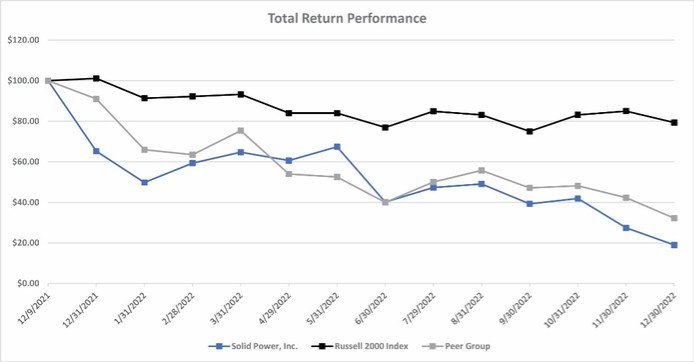As a government contractor or subcontractor, we must comply with laws, regulations, and contractual provisions relating to the formation, administration, and performance of government contracts and grants and inclusion on government contract vehicles, which affect how we and our partners do business with government agencies. Government contracts often contain provisions and are subject to laws and regulations that provide government customers with additional rights and remedies not typically found in commercial contracts. These rights and remedies allow government customers, among other things, to terminate existing contracts for convenience and/or with short notice and without cause, and whether a government contract or grant might be terminated by the government under such a provision is outside of our control and could adversely affect our revenue. As a result of actual or perceived noncompliance with government contracting laws, regulations, or contractual provisions, we may be subject to non-ordinary course audits and internal investigations which may prove costly to our business financially, divert management time, or limit our ability to continue selling our products and services to our government customers. These laws and regulations may impose other added costs on our business, and failure to comply with these or other applicable regulations and requirements, including non-compliance in the past, could lead to claims for damages from our partners, downward contract price adjustments or refund obligations, civil or criminal penalties, and termination of contracts and suspension or debarment from obtaining government contracts and grants for a period of time with government agencies. Any such damages, penalties, disruption, or limitation in our ability to do business with a government could have a material adverse effect on our business, results of operations, financial condition, public perception and growth prospects.
We are subject to multiple environmental permitting processes at the national, sub-national, and/or local level. Failure to obtain key permits and approvals may adversely impact our business.
Our facilities are subject to local, state and federal siting and environmental permitting requirements. Permitting agencies with discretionary authority may refuse to issue required permits, forcing consideration of alternative sites, or may impose costly permit conditions. Such actions could increase the cost, or lengthen the timeline, of developing additional manufacturing facilities.
Even if we successfully navigate our way through the permitting phases, future conflicts may arise in the course of our development activities, including restrictions on our actions due to new or evolving environmental legislation, changes in permitted uses and conflicts with non-governmental organizations regarding the use of land for our manufacturing facilities. If such conflicts arise, we may be delayed or prevented from building our research and development and manufacturing facilities, which could have a negative impact on our financial condition, prospects, and results of operations.
We are subject to anti-corruption and anti-bribery laws and anti-money laundering laws, and non-compliance with such laws can subject us to administrative, civil and criminal fines and penalties, collateral consequences, remedial measures and legal expenses, all of which could adversely affect our business, results of operations, financial condition and reputation.
We are subject to the FCPA, the U.S. domestic bribery statute contained in 18 U.S.C. § 201, the U.S. Travel Act, and possibly other anti-bribery and anti-corruption laws and anti-money laundering laws in various jurisdictions in which we conduct, or in the future may conduct, activities. Anti-corruption and anti-bribery laws have been enforced aggressively in recent years and are interpreted broadly to generally prohibit us and our officers, directors, employees, business partners, agents, representatives and third-party intermediaries from corruptly offering, promising, authorizing or providing, directly or indirectly anything of value to recipients in the public or private sector.
We may leverage third parties to sell our products and conduct our business abroad. We, our officers, directors, employees, business partners, agents, representatives and third-party intermediaries may have direct or indirect interactions with officials and employees of government agencies or state-owned or affiliated entities and may be held liable for the corrupt or other illegal activities of these employees, agents, representatives, business partners or third-party intermediaries even if we do not explicitly authorize such activities. We cannot assure you that all of our officers, directors, employees, business partners, agents, representatives and third-party intermediaries will not take actions in violation of applicable law, for which we may be ultimately held responsible. If we conduct international sales and business, our risks under these laws may increase.
These laws also require companies to make and keep books, records and accounts that accurately reflect transactions and dispositions of assets and to maintain a system of adequate internal accounting controls and compliance procedures designed to prevent any such actions. While we have certain policies and procedures to address compliance with such laws, we cannot assure you that none of our officers, directors, employees, business partners, agents, representatives and third-party intermediaries will take actions in violation of our policies and applicable law, for which we may be ultimately held responsible.

